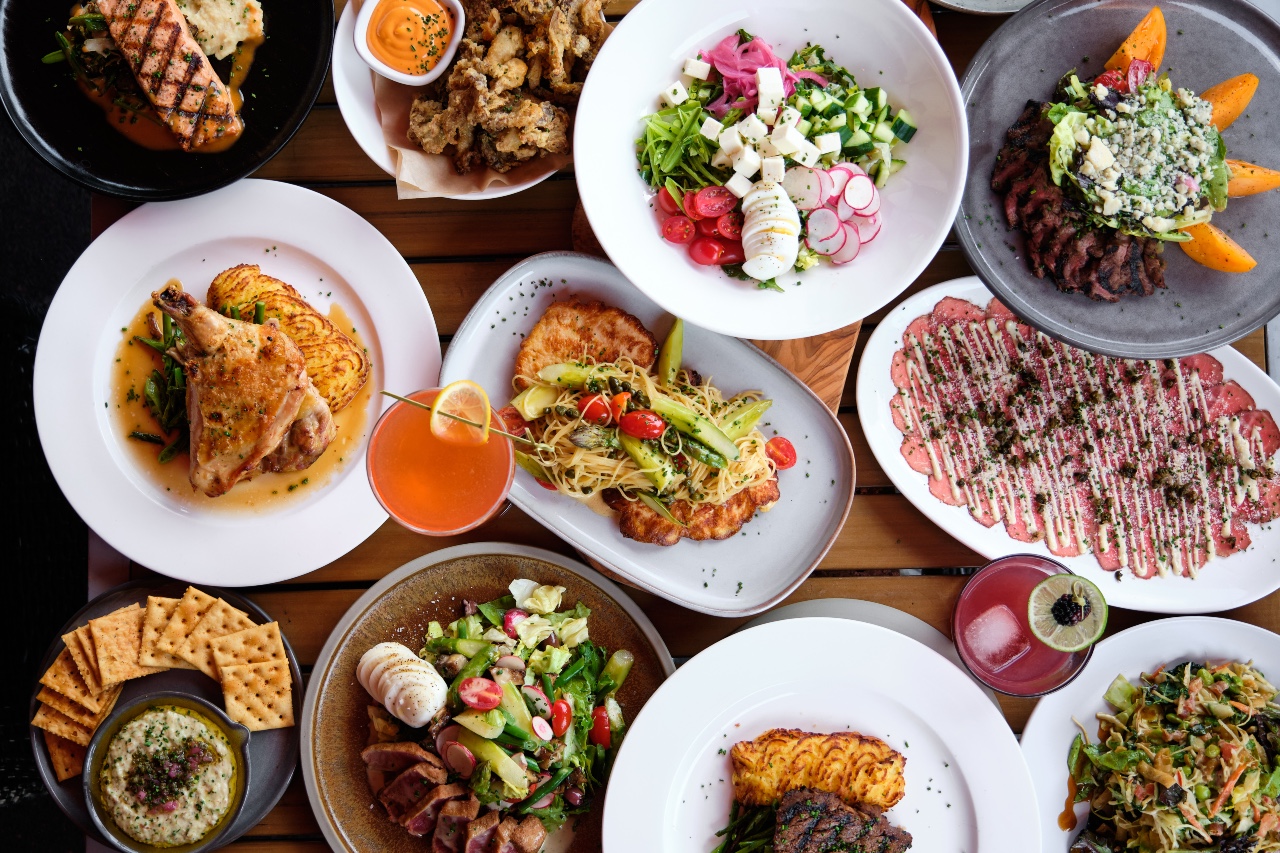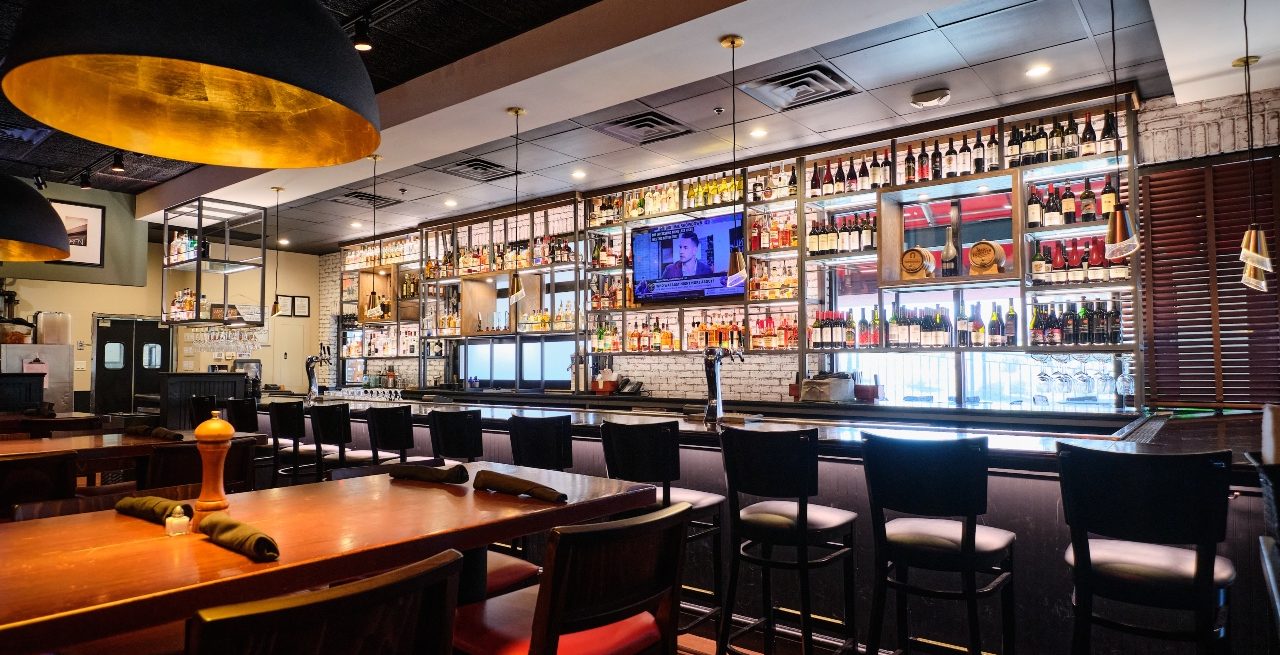Cultivating Seamless, Personalized Hospitality
3 Min Read By MRM Staff
To cultivate personalized guest experiences, the team at Marlow’s Tavern implements hospitality service sequence steps that include managing order timing, fostering personal accountability, anticipating guest needs, maintaining tables, and professional interaction.
“This sequence is a living, breathing process,” Hank Clark, Marlow Tavern’s Vice President of Operations, told Modern Restaurant Management (MRM) magazine.”It’s well defined, but it’s malleable based on changes over time and the atmosphere of each neighborhood location.”
As you elevate the level of service you want to deliver, these small details matter even more.
The sequence is the foundation, Clark noted, adding that staff members guide the guests through an experience from start to finish, down to details such as clearing the table, preparing for dessert, delivering the check, and bidding a fond farewell.
“As you elevate the level of service you want to deliver, these small details matter even more. Anything that affects the guests directly is a touchpoint. These are not always announced or noticed; some examples include the cleanliness of the restaurant, open-handed service, serving ladies first and wiping the rims of plates so they’re spotless when they arrive at the table. Executing all these steps shows a level of dedication to training and development.”
Loyalty as a Relationship
Another aspect of the restaurant’s personalized hospitality is its insider program to build long-term connection. Guests can earn special rewards, including secret menu items, exclusive offers and educational content.
“We’re intent on learning each guest’s preferences, whether it’s a family or a single person,” said Clark. “We also look at spending over time to identify a different group of guests.”
On every fourth visit, the eatery buys a member's meal. The first milestone is after a $500 yearly spend where fans receive a gift such as a commemorative apron, a grill thermometer or dinner at sister restaurant, the Woodall. Those achieving the top threshold, which is a $5,000 annual spend, are gifted executive chef, co-founder and CEO John C. Metz’s favorite cookbook and a chef’s knife. After 100 lifetime visits, guests get a Marlow’s Black Card, which lets them skip the wait and get 10 percent off every time they visit.
“Right now, we have over 850 Black Card holders. Our guests love it and get excited as they approach that 100 visit mark.”
That Hospitality Gene
Marlow's Tavern, which operates in Georgia and Florida serving classic American tavern fare with an upscale twist, prioritizes a "hospitality gene" attribute approach to hiring.. New hires complete a week-long orientation and training via "Marlow's University," an online platform covering operational procedures and menu knowledge.

“I’ll take 51 percent hospitality and 49 percent skill set over strong skills without as much hospitality,” said Clark. “Once we get the right person—and we spend a lot of time doing that—they are the most important person that week while they are training, whether it’s for front of house or back of house. We build our team around creating a supermajority of people who are responsible, professional and positive. People like that make the process so much easier: winners want to be around other people who are winners.”
Training that Never Ends
Accountability and teamwork are promoted by highlighting core values and recruiting people who demonstrate responsibility, a commitment to service, and a collaborative spirit.
“We like to say that we never practice on a guest, so our team absorbs a lot of information within that training week and is ready to provide top-tier service at the level our guests have come to expect. Training is also ongoing and provides validation for promotions up to management level and beyond. People who thrive on our team hold themselves accountable for attitude, behavior and results and take personal pride in what they do.”
Clark's advice for other operators: start with people.
“Every dining concept has a culture that defines it,” Clark said. “You can figure out a menu and how you’re going to execute it, but you’ve got to have the right people to make it happen. Having the right people around you to care about each other and care about your guests is hard to find, but good operators can do it.”
Top photo by Cameren Rogers

